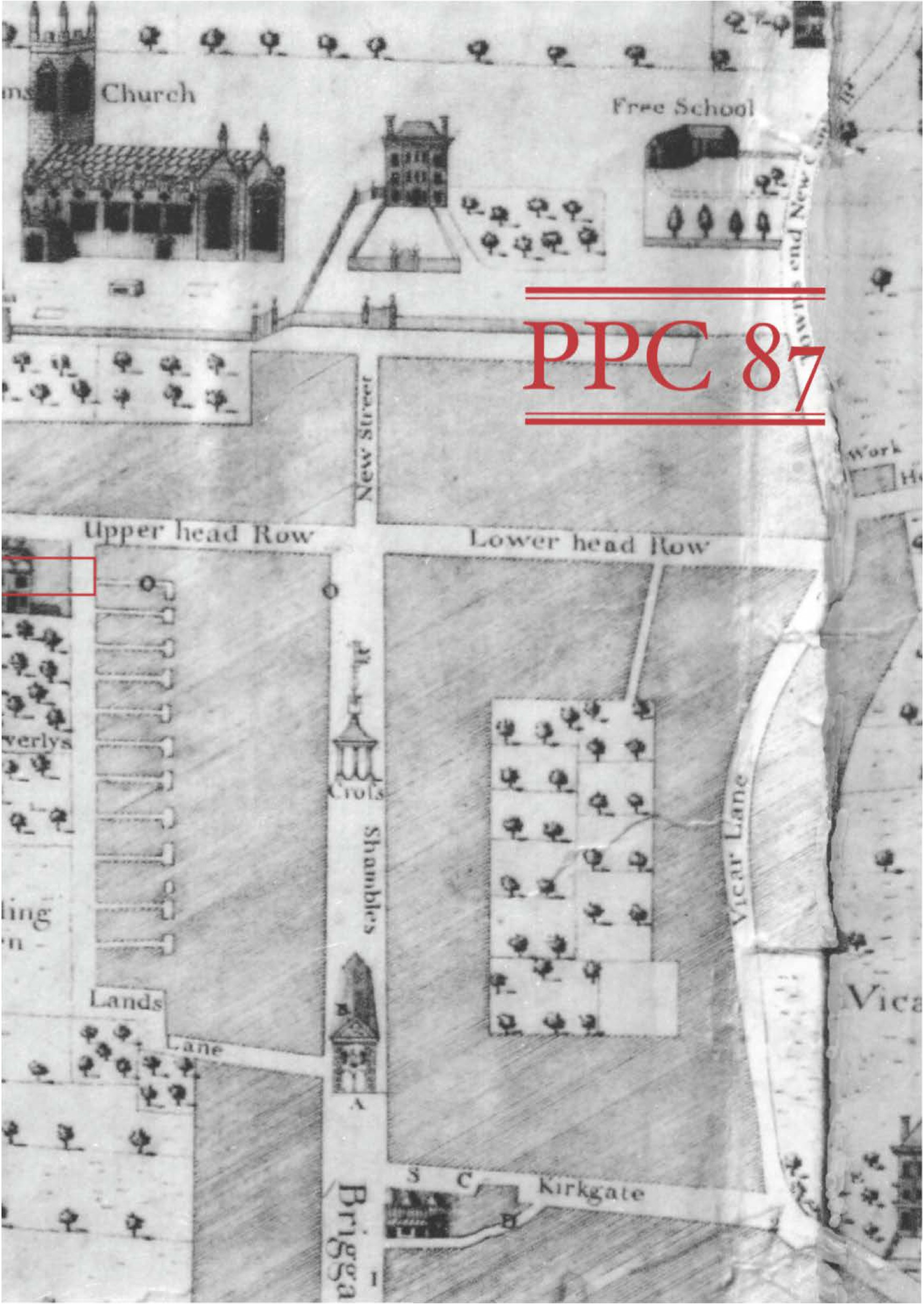Food as Metaphor for Good and Evil in Biographies of the Later Roman Emperors
DOI:
https://doi.org/10.1558/ppc.29142Keywords:
Scriptores Historiae Augustae (SHA), late Roman biographical writing, metaphor, food and morality, eating habits, Roman emperorsAbstract
The article argues that there is a strong emphasis in many of the biographies of the SHA (Scriptores Historiae Augustae) on eating habits as an indication either of moral steadfastness or of dissoluteness and decadence. The author(s) seem to take a particularly strong interest in all matters pertaining to food.
References
Baldwin, B. (1983) Suetonius, Amsterdam.
Evans, E.C. ‘Roman Descriptions of Personal Appearance in History and Biography’ in Harvard Studies in Classical Philology, 46 (1935), pp. 43–84.
Frey, M. (1989) Untersuchungen zur Religion und zur Religionspolitik des Kaisers Elagabal, Stuttgart.
Kettenhofen, E. (1979) ‘Die Syrische Augustae in der historische Überlieferung: ein Beitrag zum Problem der Oriëntalisierung’, 333 in Antiquitas, Reihe 3, bd. 24.
Millar, F. (1964) A Study of Cassius Dio, Oxford.
Norena, C.F. (2001) ‘The Communication of the Emperor’s Virtues’, 146–168 in The Journal of Roman Studies (2001), Vol. 91.
Syme, R. (1968) Ammianus and the Historia Augustae, Oxford. Wallace-Hadrill, A. (1983) Suetonius, 1983.
White, P. (1967) ‘The Authorship of the Historia Augusta’, 115–133 in The Journal of Roman Studies, Vol. 57, No. 1/2.

